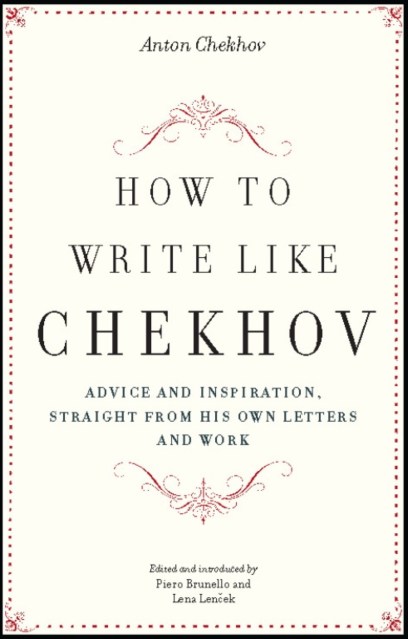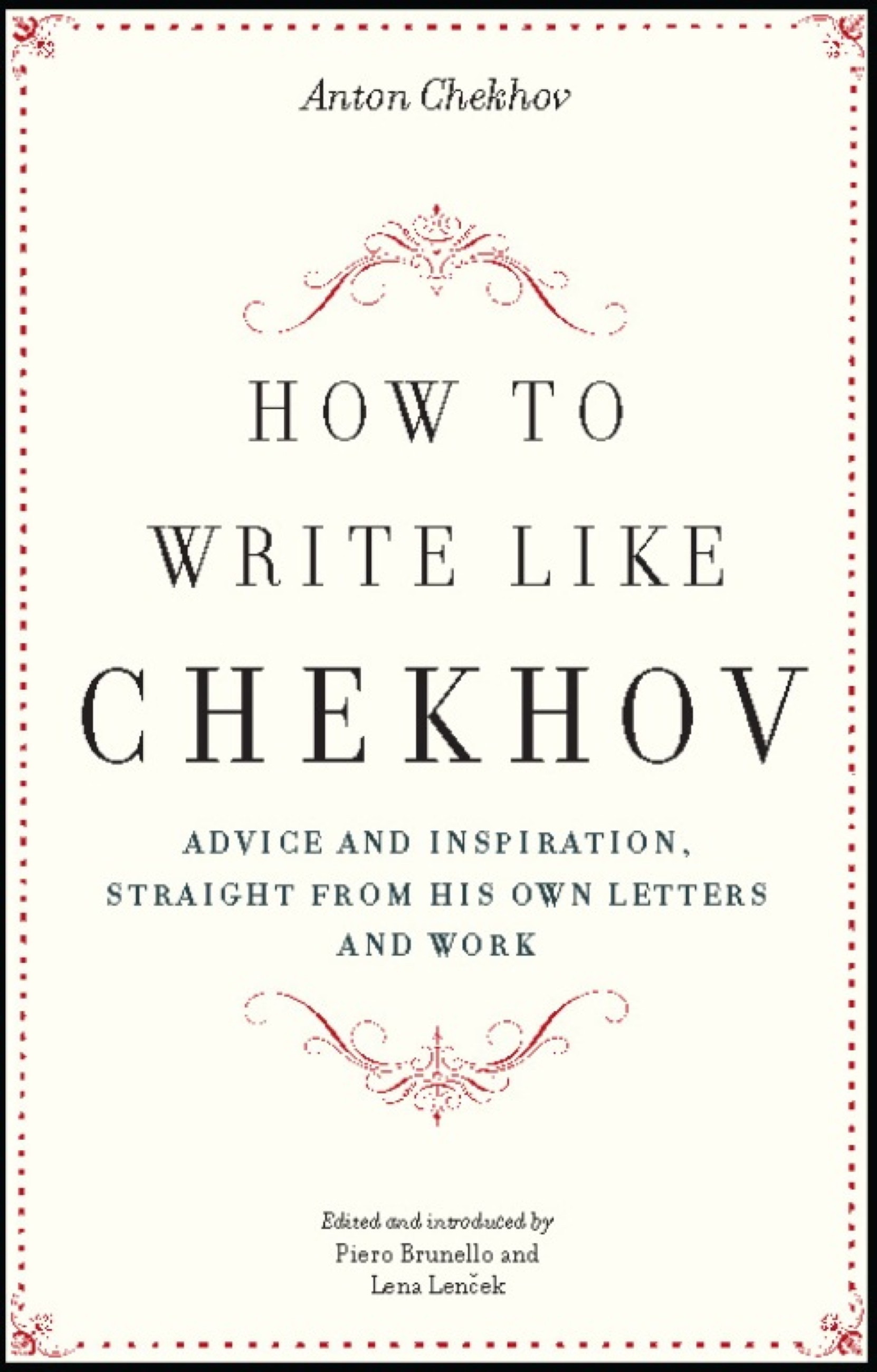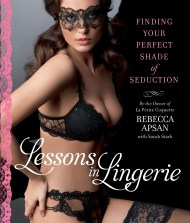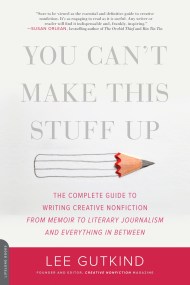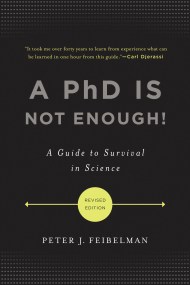Promotion
Use code MOM24 for 20% off site wide + free shipping over $45
How to Write Like Chekhov
Advice and Inspiration, Straight from His Own Letters and Work
Contributors
Edited by Piero Brunello
Edited by Lena Lencek
Formats and Prices
Price
$10.99Price
$13.99 CADFormat
Format:
- ebook $10.99 $13.99 CAD
- Trade Paperback $19.99 $25.99 CAD
This item is a preorder. Your payment method will be charged immediately, and the product is expected to ship on or around October 23, 2008. This date is subject to change due to shipping delays beyond our control.
Also available from:
Genre:
- On Sale
- Oct 23, 2008
- Page Count
- 360 pages
- Publisher
- Da Capo Lifelong Books
- ISBN-13
- 9780786727018
Newsletter Signup
By clicking ‘Sign Up,’ I acknowledge that I have read and agree to Hachette Book Group’s Privacy Policy and Terms of Use
